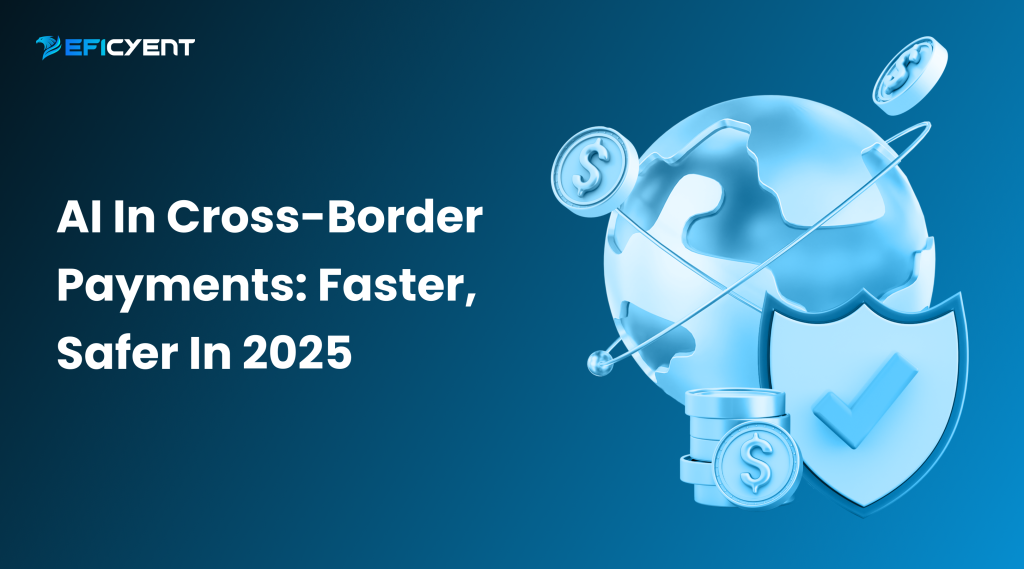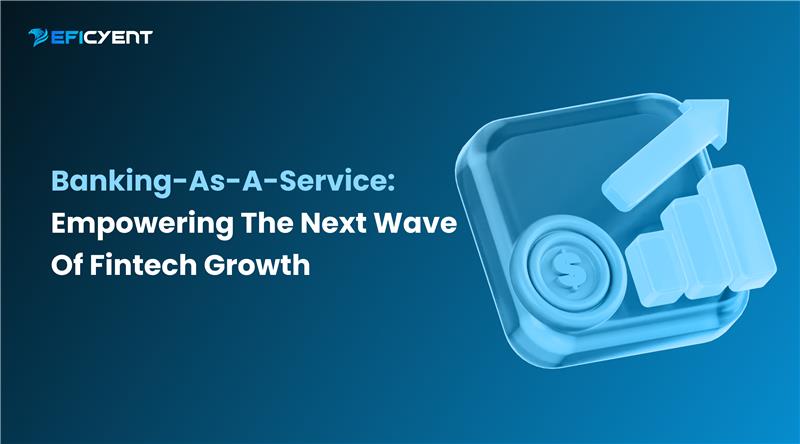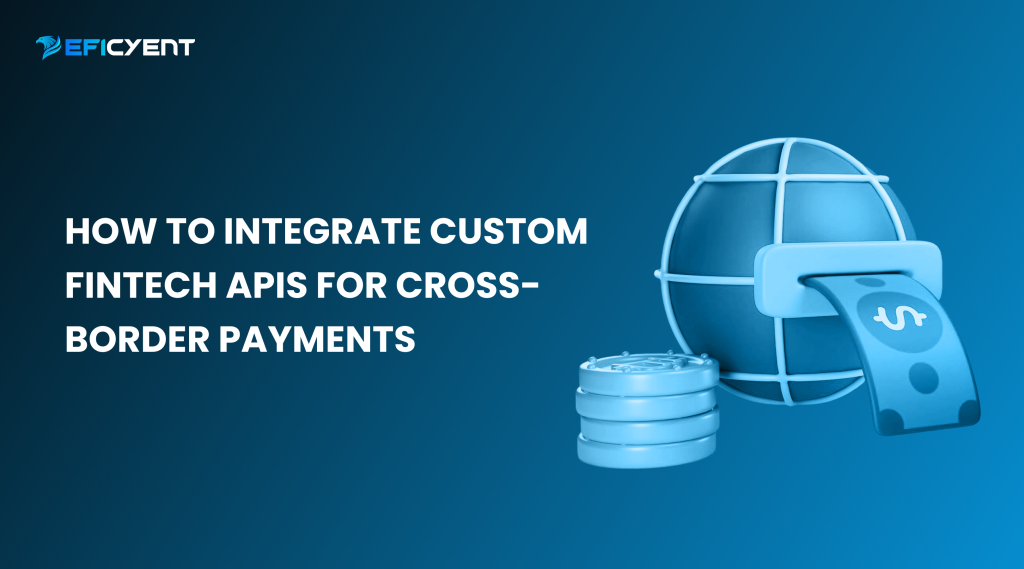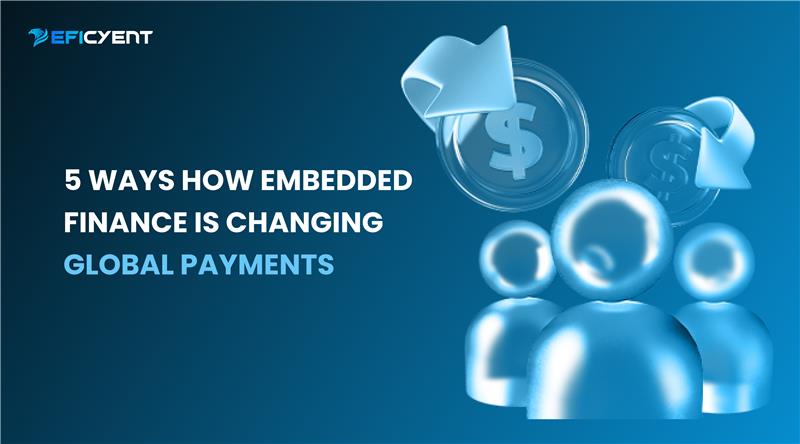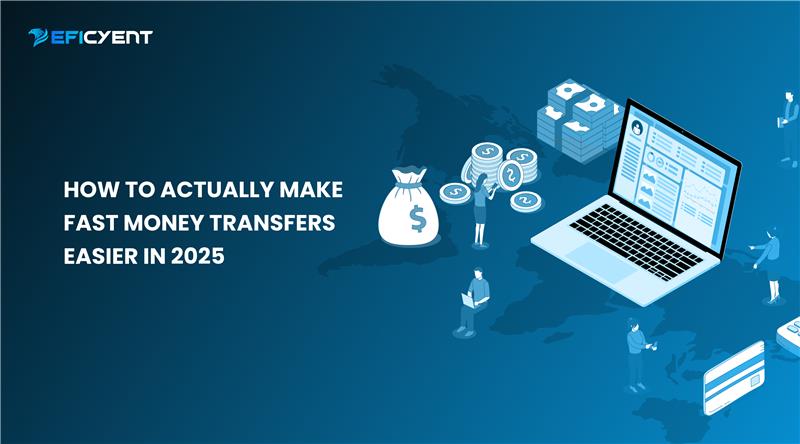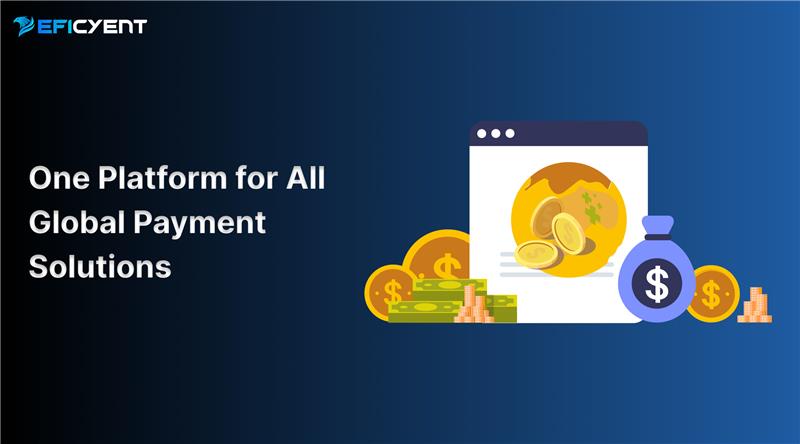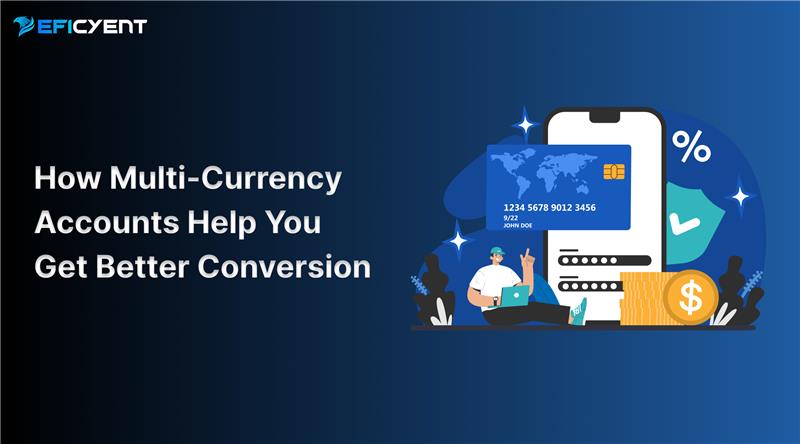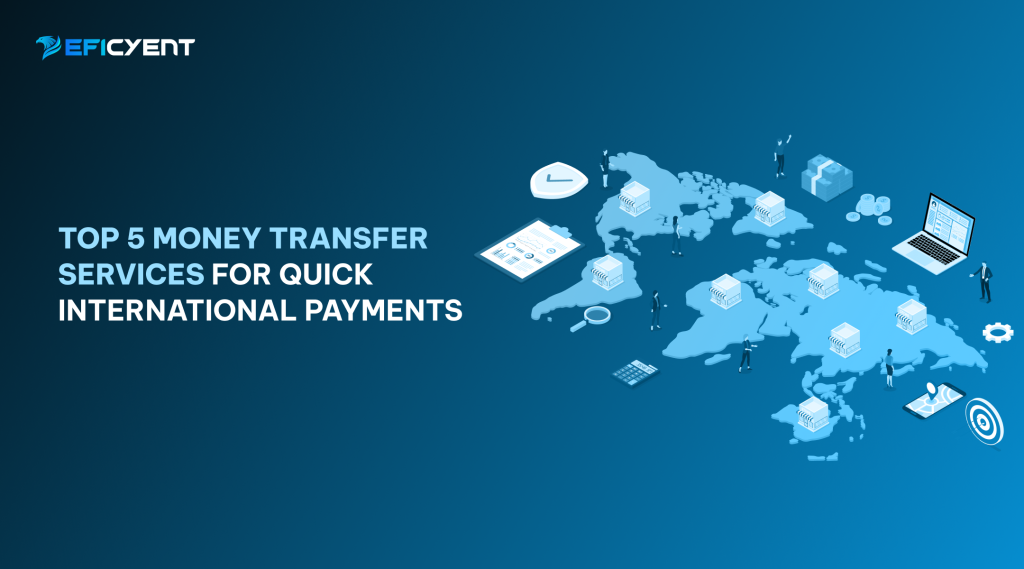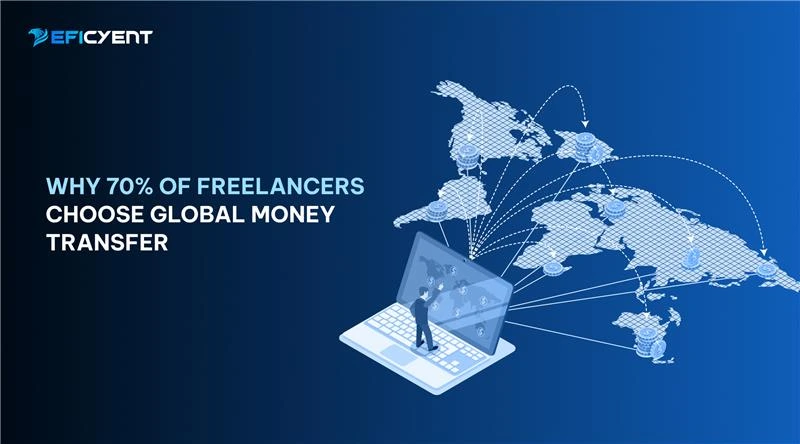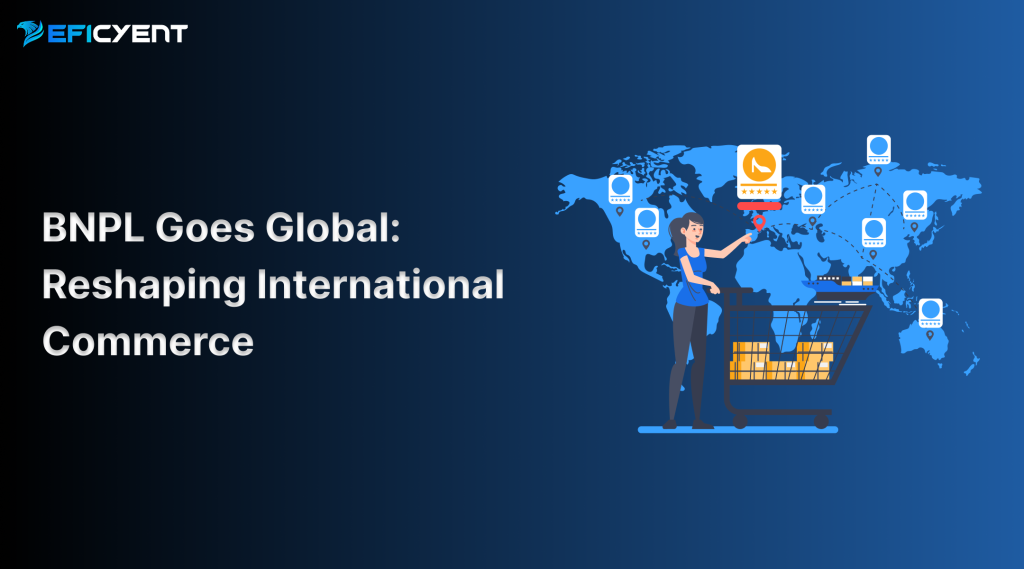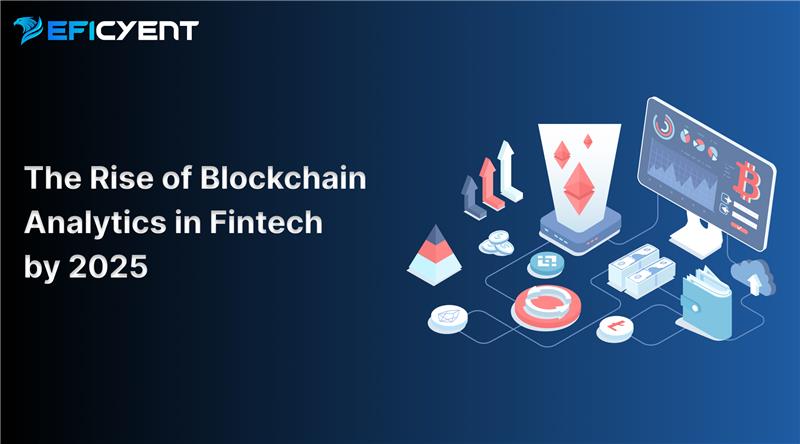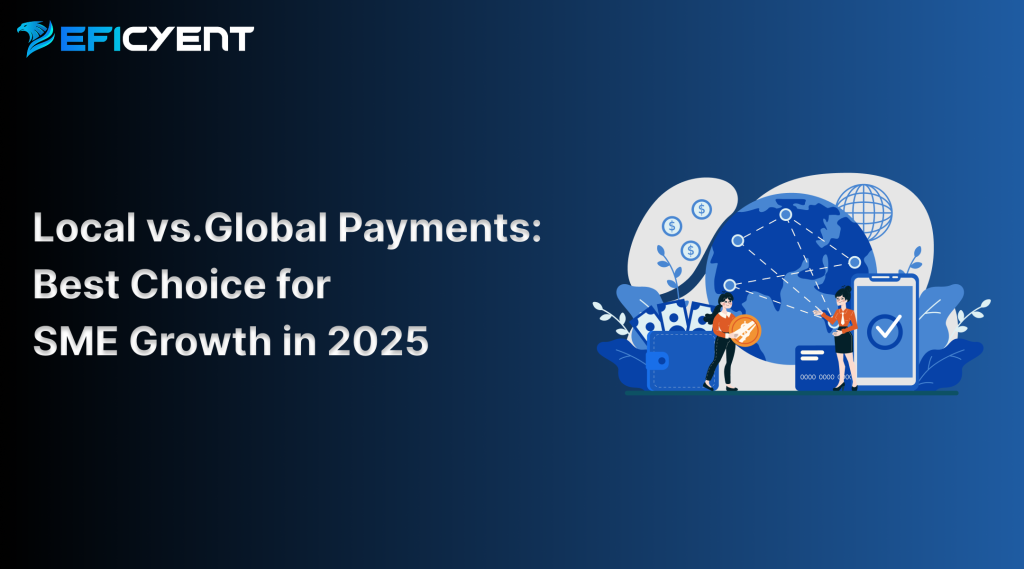AI in Cross Border Payments: Faster, Safer in 2025
In 2025, cross border payments are faster, safer and smarter than anything else. AI-powered automation is reshaping now on how businesses and individuals send money around the world. From speeding up transfers to keeping everything compliant, AI is changing the future in international payments. Through this blog, we will look at how AI is improving global payments and global money transfers, all while making international money transfers smoother and more secure. How AI is transforming Cross border payments AI isn’t just a trend anymore. It is now powering the core operations behind cross border payments. From speeding up compliance checks to detecting fraud in real time, it is built into the system. It helps financial teams move faster, reduce errors and also stay compliant across multiple regions, all while improving the customer experience. AI is now working silently in the background, completing tasks that once took hours in a matter of seconds. Therefore, it helps in speeding up the transaction approvals, automate the compliance checks and detect fraud instantly. AI makes each step efficient and faster, turning what used to be manual work into seamless automation for global payments and global money transfers. Boosting Security with AI‑Powered Fraud Detection In cross border transfers, fraud and scams are one of the main obstacles. AI helps solve that by monitoring patterns and flagging unusual activity in real time. This is especially important for global money transfers, where timing and trust matters the most. AI tools check every transaction against known risk markers, helping platforms respond before bad actors can act. This builds user confidence in international payments. What’s New in AI-Powered Fraud Prevention There are more strategic ways AI is used right now in cross border payments such as: Trends are detected by the machine learning algorithms over time. Real‑time risk scoring for global payments. The adaptive behavior monitoring for users and accounts. These tools reduce false positives and speed up approvals, so users enjoy fast global money transfers without any usual delays. Automated Compliance Checks for Cross border payments Compliance is essential in cross border payments. But why? Perhaps that is a question that requires an answer. AI automates checks like KYC, AML and sanctions screening. This ensures compliance without slowing down the global payments. Automation means fewer errors and consistent reviews, making compliance easier for platforms and safer for users. Building Scalable Payment Infrastructure with AI As businesses grow and handle more international payments, manual systems struggle a lot. Platforms can grow because of AI automation without having to hire workers in proportion. Whether it’s dozens or thousands of global money transfers, AI routes and reviews payments quickly, enabling cross border payments volume to grow effortlessly. How AI Is Streamlining Cross border Payments AI facilitates smarter payment tracking as well. It chooses the best corridors, tracks fees and most importantly predicts settlement times. For global money transfers, this means lower cost and faster execution. By optimizing routing and picking the best option automatically, platforms make overseas transactions smoother for everyone. How AI Is Personalizing the Payment Experience AI improves the user experience in addition to managing the backend. Platforms can personalize dashboards, send alerts and can recommend best times to send global payments. Users feel more control and transparency in every global money transfer they make. AI Is Changing the Way Support Teams Work Conversational AI and chatbots handle common questions around cross border payments. They explain fees, timings and status updates in simple language. This reduces support load and helps users feel confident when doing international money transfers. Practical Ways AI Is Improving Cross border Payments AI isn’t some far-off promise as it is already doing the heavy lifting behind the scenes and making cross-border payments quicker, safer and less expensive. You won’t always see it, but it’s there in many ways like spotting fraud before it happens, speeding up compliance checks and finding the fastest route to move money across borders. Everyone rely on AI to balance speed, security and regulatory needs. Here’s how AI is actually being used today without any hype, just real impact: Corporate platforms routing payroll and supplier payments globally. Remittance apps speeding up transfers with better compliance checks. Crypto payment platforms converting digital assets and automating cross border payments settlement. From Insight to Impact: Metrics That Guide Growth To understand AI’s real impact on borderless payments, it’s not enough to talk features, you need to look at the numbers. Are transactions faster? Are costs going down? Is fraud being caught earlier? These are the signs that AI is doing its job. To understand AI’s impact on cross border payments, watch metrics like: Processing time per transaction. Fraud detection rate and false positives. Compliance automation coverage. Customer satisfaction scores for global money transfers. Tracking these shows how well AI is improving both the service and trust. What’s Next for AI in Cross border Payment Systems We are moving into a space where speed, precision and adaptability are the norm but not the goal. AI will play a bigger role in how money moves across borders, how risks are managed and how customer experiences are delivered at scale. From predictive analytics to autonomous decision-making, the next wave of innovation won’t just improve the system, instead it will redefine it. Looking ahead, here’s how AI will shape cross border payments: More predictive routing and currency forecasting. Voice and gesture‑based payment approvals. Deeper insight into user risk in real time. Cross‑chain AI automation in crypto and fiat transfers. These trends will make global payments smarter, quicker and safer than ever. Conclusion AI-powered automation is not optional today as it has become essential for high-speed, compliant cross border payments. From fraud detection to compliance to routing, AI touches every step of the way. If your business handles global payments or global money transfers, adopting AI tools gives you better speed, lower costs and a more trustworthy reputation. AI makes the complex simple and in global fund transfers today, that makes all the difference. FAQs What are cross-border

